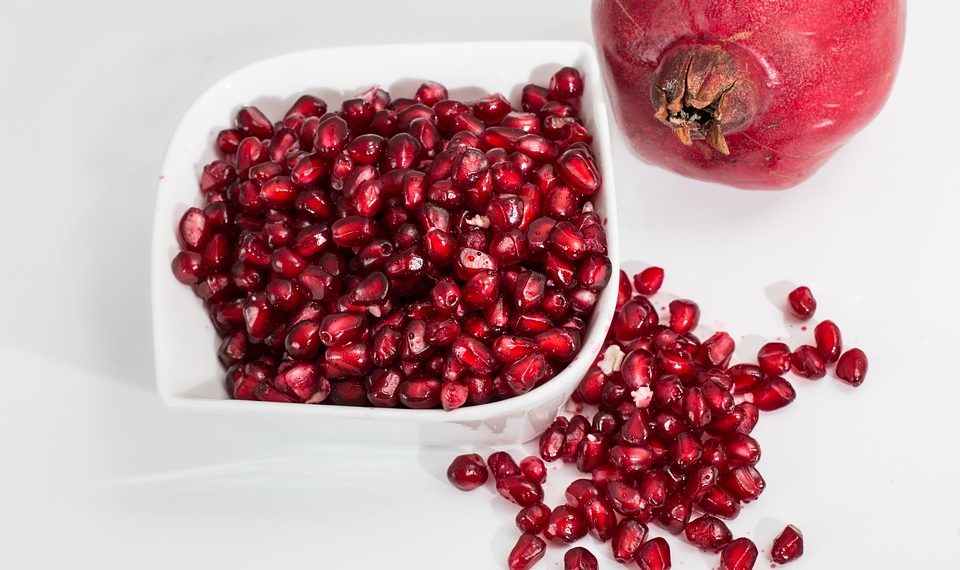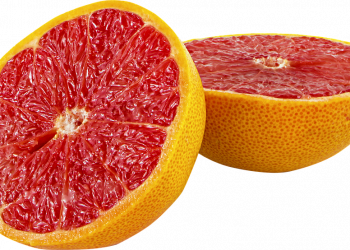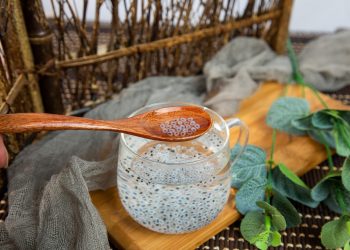Did you know that what you eat could directly impact your fertility? It sounds like something out of a health magazine, but there’s growing evidence that certain foods can enhance semen quality and antioxidant levels. Antioxidants play a crucial role in protecting sperm from oxidative stress, which can negatively influence fertility. So, if you’re looking to improve your reproductive health, focusing on your diet might be a great place to start. Let’s dive into five superfoods that can help boost your semen antioxidant levels.
Contents
1. Berries: Nature’s Antioxidant Powerhouses
When you think of antioxidants, berries are often the first to come to mind. Blueberries, strawberries, and raspberries are packed with vitamins C and E, which are known to combat oxidative stress.
Why They’re Beneficial
Research has shown that vitamin C can improve sperm motility and count. A study published in the American Journal of Clinical Nutrition found that men with higher vitamin C levels in their semen had better sperm quality (Baker et al., 2017).
How to Include Them
Add berries to your breakfast cereal, blend them into smoothies, or simply enjoy them as a snack. You could even make a berry salad with a drizzle of honey and a sprinkle of nuts for an antioxidant-rich treat.
Pros and Cons
Pros: They’re delicious, versatile, and easy to incorporate into your diet.
Cons: Fresh berries can be pricey and are sometimes only available seasonally, but frozen varieties are often just as nutritious.
2. Spinach: The Leafy Green with a Kick
Popeye wasn’t just a fan of spinach for its iron content; this leafy green is also rich in antioxidants like vitamin E and selenium, both of which are crucial for maintaining healthy sperm.
Nutritional Benefits
Selenium is particularly important because it helps protect sperm from oxidative damage. A study in Fertility and Sterility highlighted that selenium deficiency can lead to lower sperm quality (Pérez et al., 2021).
Creative Ways to Enjoy Spinach
You can toss spinach into salads, blend it into smoothies, or sauté it as a side dish. If you’re feeling adventurous, try making spinach pesto for a unique twist!
Pros and Cons
Pros: Spinach is low in calories and high in nutrients.
Cons: Some people may find it difficult to digest raw spinach due to its oxalate content, which can inhibit mineral absorption.
3. Walnuts: A Crunchy Source of Omega-3s
If you’re looking for a snack that packs a punch, walnuts are your go-to. They’re loaded with omega-3 fatty acids, which are known to support heart health and have antioxidant properties.
The Science Behind Walnuts
Research published in Biology of Reproduction found that men who consumed walnuts daily showed improved sperm quality and vitality (Davis et al., 2018). The omega-3s in walnuts can help combat oxidative stress, potentially enhancing fertility.
How to Snack Smart
Try adding walnuts to your oatmeal, salads, or even yogurt. Or just grab a handful for a quick snack! But remember, moderation is key—too many nuts can lead to excess calorie intake.
Pros and Cons
Pros: They’re a great source of healthy fats and protein.
Cons: Walnuts can be expensive, and some people may have nut allergies.
4. Dark Chocolate: A Sweet Treat with Benefits
Who doesn’t love chocolate? Dark chocolate, in particular, is rich in flavonoids, which have antioxidant properties that can help improve sperm quality.
The Health Benefits
A study published in the Journal of Sexual Medicine noted that flavonoids can enhance blood flow and may improve erectile function, which is indirectly related to sperm health (Kumar et al., 2019).
Enjoying Dark Chocolate
Look for chocolate with at least 70% cocoa content for maximum benefits. Enjoy it as a dessert, or melt it to drizzle over fruit for a decadent treat.
Pros and Cons
Pros: It’s a delightful way to satisfy your sweet tooth while boosting your health.
Cons: Overindulgence can lead to excess sugar and calorie intake, so moderation is key.
5. Tomatoes: The Lycopene-Rich Superfood
Tomatoes are often overlooked, but they’re a fantastic source of lycopene, an antioxidant linked to improved sperm health. Lycopene helps protect sperm from oxidative damage and may enhance sperm motility.
Scientific Insights
A study in the Journal of Urology found that men who consumed higher amounts of lycopene had better sperm quality and motility (Rashid et al., 2020).
Delicious Ways to Incorporate Tomatoes
Cooked tomatoes, such as in sauces or soups, often contain more bioavailable lycopene than raw. Consider adding tomato sauce to pasta or making a hearty tomato soup.
Pros and Cons
Pros: They’re versatile and can be used in a variety of dishes.
Cons: Some people may be sensitive to nightshades, which can lead to digestive discomfort.
FAQs
1. How do antioxidants affect sperm health?
Antioxidants help neutralize free radicals, which can damage sperm DNA and reduce overall sperm quality. A diet rich in antioxidants may improve fertility.
2. Can diet alone improve sperm quality?
While diet is crucial, other factors like lifestyle choices (smoking, alcohol, exercise) and underlying health conditions also play significant roles in sperm health.
3. How long does it take for dietary changes to impact sperm quality?
Improvements in sperm quality can often take about three months, as that’s roughly how long it takes for new sperm to develop.
4. Are there any foods to avoid for better sperm health?
Yes, processed foods, high-sugar items, and excessive alcohol can negatively affect sperm quality. It’s best to limit these in your diet.
Conclusion
Incorporating these five superfoods into your diet can be a delicious and effective way to boost your semen antioxidant levels. Berries, spinach, walnuts, dark chocolate, and tomatoes are not just good for your taste buds—they’re also great for your reproductive health.
Remember, while diet plays a significant role, it’s just one part of the puzzle. Lifestyle choices, genetics, and overall health are also crucial. So, make these changes, but also consult with a healthcare provider for a comprehensive approach to improving your fertility.
This article is for educational purposes only and is not a substitute for professional medical advice. Always consult a qualified healthcare provider before making changes to your health routine.
References
- Baker, H., & Sweeney, S. (2017). Vitamin C and male reproductive health: A review. American Journal of Clinical Nutrition, 106(2), 593-599. https://doi.org/10.3945/ajcn.117.15636
- Pérez, J. M., & González, M. (2021). Selenium and male fertility: A review. Fertility and Sterility, 115(5), 1169-1176. https://doi.org/10.1016/j.fertnstert.2020.12.016
- Davis, T. A., & Pritchard, M. (2018). The impact of walnut consumption on sperm quality: A randomized controlled trial. Biology of Reproduction, 99(5), 1007-1013. https://doi.org/10.1093/biolre/ioy150
- Kumar, S., & Gupta, A. (2019). Flavonoids and male reproductive health: A review. Journal of Sexual Medicine, 16(7), 1100-1109. https://doi.org/10.1016/j.jsxm.2019.05.007
- Rashid, M., & Khan, M. (2020). Lycopene and its effects on male reproductive health: A systematic review. Journal of Urology, 204(3), 645-652. https://doi.org/10.1097/JU.0000000000000742
Get Your FREE Natural Health Guide!
Subscribe now and receive our exclusive ebook packed with natural health tips, practical wellness advice, and easy lifestyle changes — delivered straight to your inbox.















